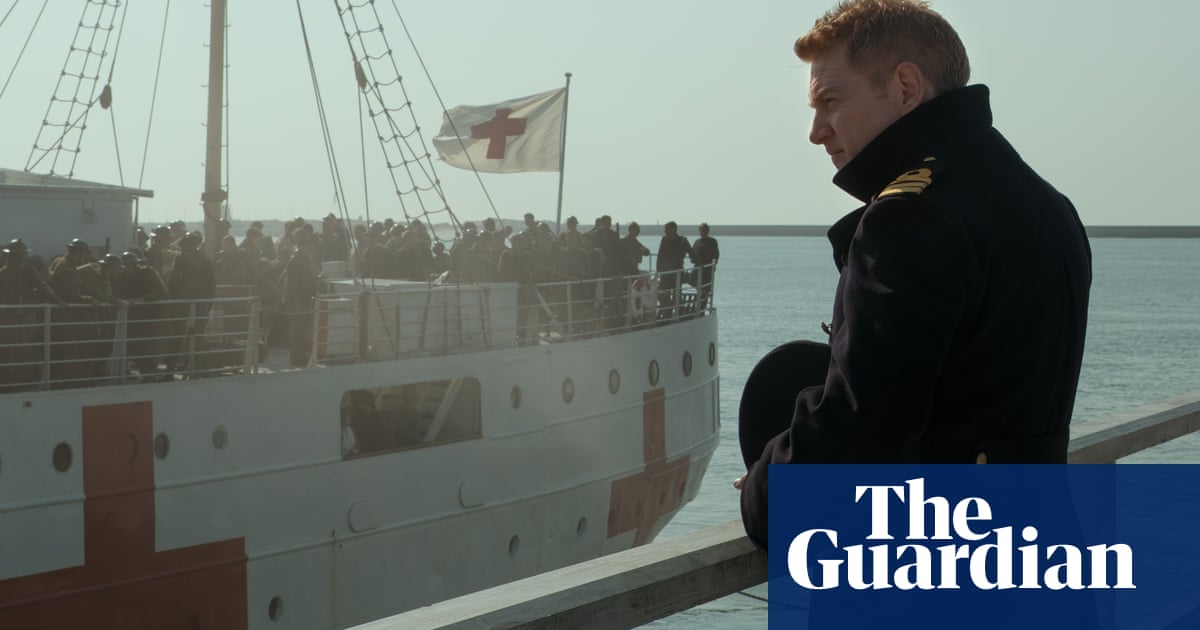Christopher Nolan’sDunkirkhas been voted the UK’s favourite second world war film, beating classics such as The Dam Busters and The Bridge on the River Kwai.
The 2017 film, starring Harry Styles,Cillian Murphyand Barry Keoghan, portrays the 1940 evacuation of more than 330,000 Allied troops from the French coast.
Saving Private Ryan (1998) placed second, followed by The Great Escape (1963) in third, with The Dam Busters (1955) and Battle of Britain (1969) completing the top five.
Directed by Steven Spielberg, Saving Private Ryan follows a specialUS detachment searching for a missing soldierafter the Normandy invasion. The Great Escape tells the story of a group of Allied prisoners attempt to escape a Nazi camp.
The poll, conducted by Deltapoll for the War Movie Theatre podcast, pitted modern war films against older movies, considered classic by many fans. Other entries in the top 10 included The Longest Day, A Bridge Too Far, Pearl Harbor and Schindler’s List.
The journalist and author Robert Hutton, co-host of the War Movie Theatre podcast with fellow journalist Duncan Weldon, said: “Cinema has always been looking for great stories, and war provides everything, heroism, moral conflict, adventure, romance.
“Even as the second world war was being fought, it was inspiring some of the greatest films of the last century, such as In Which We Serve or Went the Day Well?, which deliver moments of human drama and comedy as well as action.
“Afterwards, it became a way for us to tell ourselves stories about what had happened, and then a generation later, with Saving Private Ryan, it became a way to commemorate.”
OnDunkirktopping the list, Hutton said: “It’s not surprising that Dunkirk is top of the list, it’s the most successful war movie of the last decade. But it’s noteworthy that half the list is from the golden era of war movies in the 50s and 60s. Four of them were made within eight years of each other.
“I’m a little sad that John Mills, who seemed to be permanently in uniform on Sunday afternoon TV in my childhood, doesn’t get a film in this list.
“And I’d have liked to see at least one of the great Alistair MacLean commando movies, Where Eagles Dare or The Guns of Navarone, in there. But mainly I’m appalled to see Pearl Harbor on the list, which ought to be a war crime.”
The full top 10 list, according to the War Movie Theatre podcast poll, was as follows:
Dunkirk (2017)
Saving Private Ryan (1998)
The Great Escape (1963)
The Dam Busters (1955)
Battle of Britain (1969)
The Longest Day (1962)
A Bridge Too Far (1977)
Pearl Harbor (2001)
Schindler’s List (1993)
The Bridge on the River Kwai (1957)
